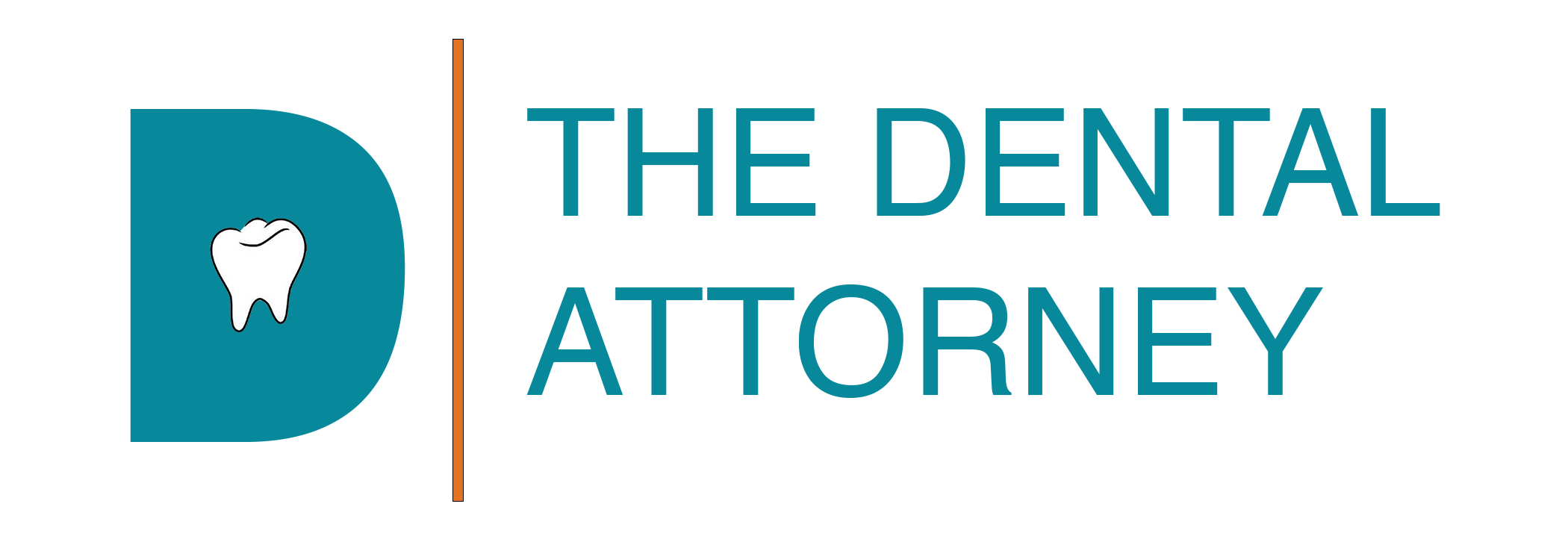You’ve hired an associate. Which is great for increasing production and lightening the load. You’ve come to an agreement on hours and compensation. So, what else is there? Doctors are familiar with the Dental Practices Act as it governs the rights and obligations of dentists and the board that oversees them. However, most dentists have not read the Act itself. The act gives the person performing the treatment on a patient, ownership over those patient records. In the case of an associate in your practice, the associate gets ownership of any records for the patients they treat. The act does not discriminate between any role that the practitioner has outside of their role as a health care provider. Therefore, once the association stops, the associate takes those patient records with them. An Associate Agreement prevents this from happening. The Agreement, clearly defines the relationship between the associate and the owner. It allows the owner to retain control and ownership of the patient records. It also prevents the treating dentist from soliciting any patients or directly competing in a given area. The Agreement saves the owner from the anxiety of ending an associate’s employment. However, the Agreement is not just for the benefit of the owner. In the Agreement, the hours of work are clearly defined. This prevents disagreement between owner and associate about what is expected. It also clearly defines the compensation, how it is calculated, and when it is due. The associate can fairly judge the working relationship they are about to enter into. Finally, it clearly shows who is liable if malpractice ever occurs. These agreements are the backbone of a good employment relationship. They avoid unwanted legal entanglements and protect all who are involved. Consider using an Associate Agreement as a tool to protect your practice.
Association by Handshake
by roehmchris | Jun 20, 2018 | Associate Agreements

Recent Comments